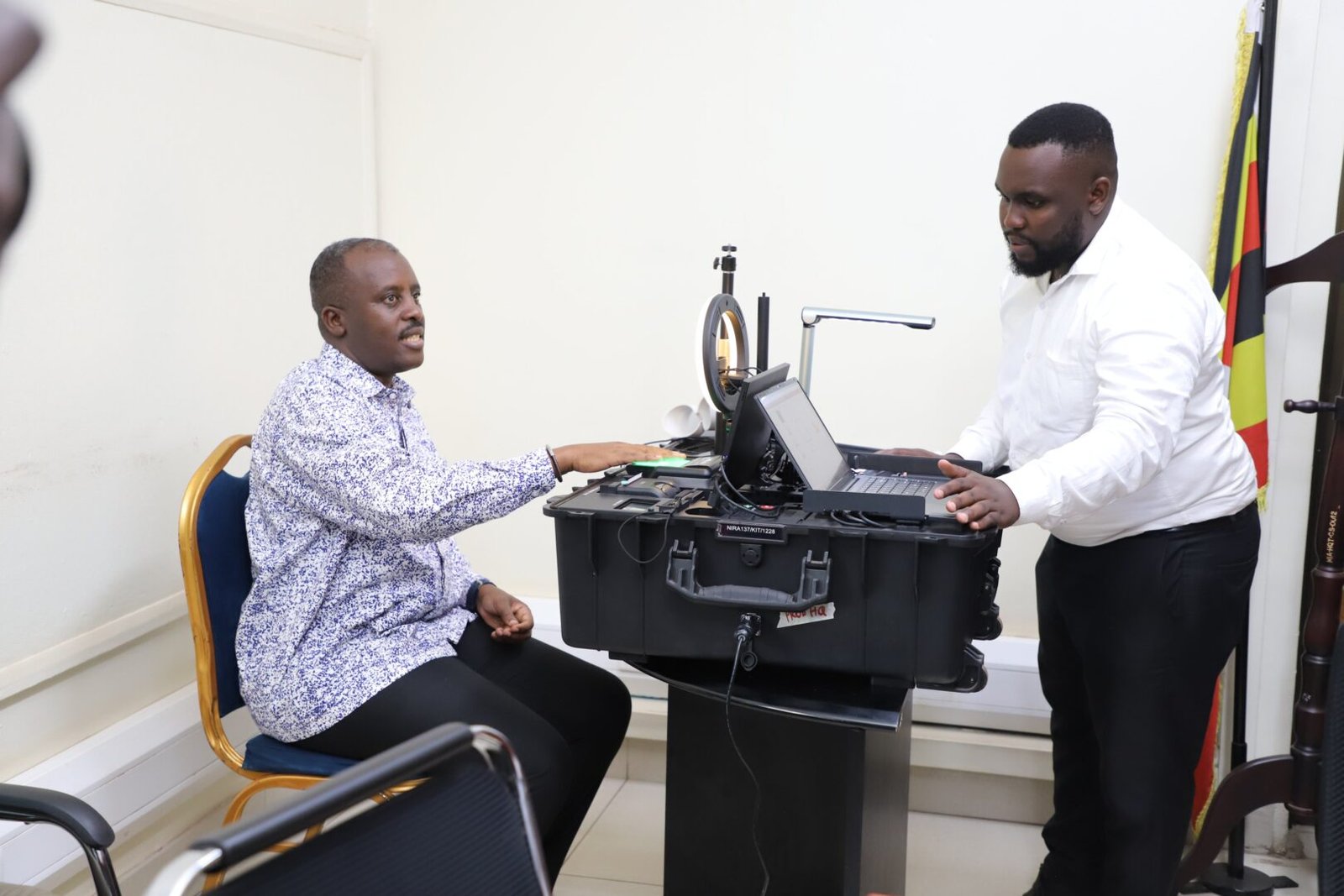KAMPALA, UGANDA — The National Identification and Registration Authority (NIRA) has assured the Ugandan populace of a smooth execution of its most extensive digital initiative to date. This exercise will encompass the renewal of 15.8 million national identification cards, set to expire next month, and the registration of an additional 17.2 million citizens, contingent on public cooperation.
Speaking yesterday while detailing the operational framework across Uganda’s 10,594 parishes starting May 27, 2025, NIRA Executive Director Rosemary Kisembo stated, “The key role of all citizens is to present themselves at the nearest registration point with the required documentation and register or renew their IDs.”
She further urged, “Citizens are implored to mobilize friends and families of all ages (babies, toddlers, teenagers, the elderly and all others) to participate in this exercise.”
The requirements will differ for renewals, first-time registrations, and changes to existing details. While registration and renewals will be conducted at the parish level, modifications to personal information will require attendance at District NIRA offices.
Emphasizing a digital-first approach, individuals renewing their IDs or applying for the first time will have the option to initiate the process online, with online pre-registration commencing on May 27.
For those renewing expired IDs, the National Identification Number (NIN) will be a crucial requirement.
According to an official, “To renew your ID you only show up and provide your name, NIN, expiry date of the card. If you have the physical card the better.”
NIRA is the legally mandated body responsible for maintaining a comprehensive and secure National Identification Register under the Registration of Persons Act.
During yesterday’s press briefing, Executive Director Kisembo outlined the registration process at each parish and underscored the vital role of Local Council 1 (LC1) chairpersons.
“The parish (Muluka) will be the heart of operations during Mass Enrolment and Renewal Exercise. LC 1 chairpersons will support the identification and recommendation of citizens; will mobilize the village, communicate the mass enrolment schedules; will guide the household registration of the SAGE and other vulnerable groups in specially designed programmes,” Kisembo emphasized.
The redesigned IDs will incorporate biometrics, including fingerprints and iris scans, and will support online and offline verification, digital signatures, secure credentials access, eGovernment services, physical authentication, and integration with all leading mobile and tablet platforms, as well as Mobile ID.


The mass enrollment and renewal campaign, commencing on May 27, is projected to benefit over 33 million Ugandans, including the 15.8 million with expiring IDs by June 2025 and 17.2 million previously unregistered citizens.
In a recent parallel media briefing, State Minister for Internal Affairs, General David Muhoozi, physically tested the systems. “The pilot phase, which began on May 2 and ends on May 26, allowed us to test systems, equipment, and procedures. We are now ready to commence full operations across all 146 districts starting May 27,” Gen. Muhoozi stated.

He also detailed the service offerings: “The key services provided include ID card renewals (free of charge), New registrations for children and adults (free of charge), Change or correction of particulars (UGX 200,000), Replacement of lost cards (UGX 50,000).”
Applicants will be required to present appropriate identification documents. For renewals, an original or copy of the expired ID or a police letter for lost cards is necessary.
NIRA specifies that first-time applicants must provide documentation proving parentage or ancestral ties and may require certification from local authorities.
Minister Muhoozi also stressed the importance of timely participation, stating, “We urge all Ugandans to participate actively and truthfully in this exercise. Identity is central to planning, security, and service delivery. We are committed to ensuring no one is left behind.”
The government anticipates completing the renewal process before August 12, 2025, the deadline of the statutory extension for expired IDs. Initially, ID processing is expected to take up to four weeks but is projected to reduce to two weeks as systems stabilize, according to officials.
Minister Muhoozi cautioned against duplicate registrations, advising, “Those with existing National Identification Numbers (NINs) should not register afresh but use the Change of Particulars service if needed.”

